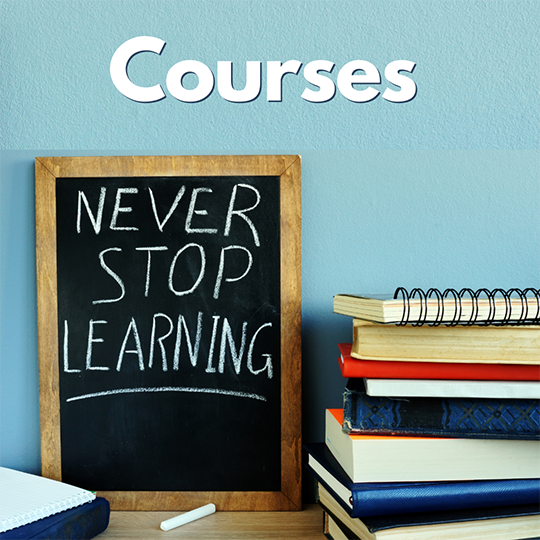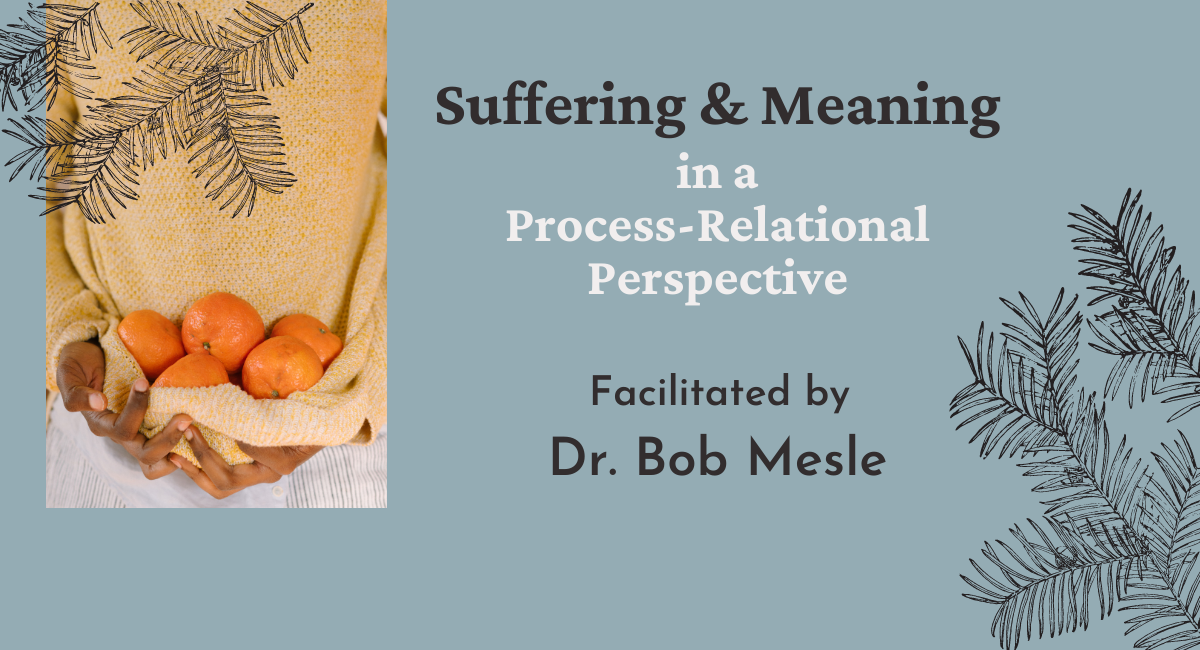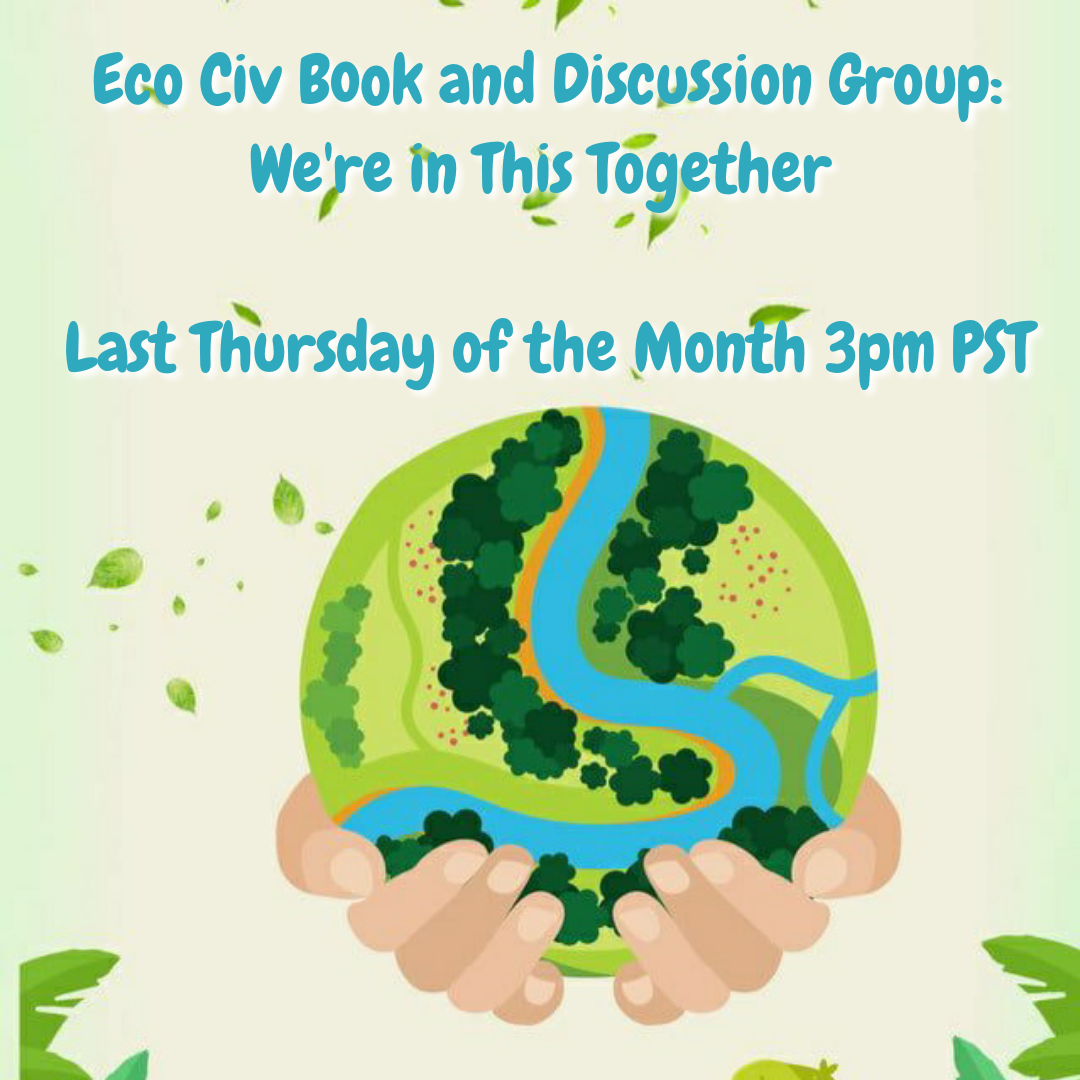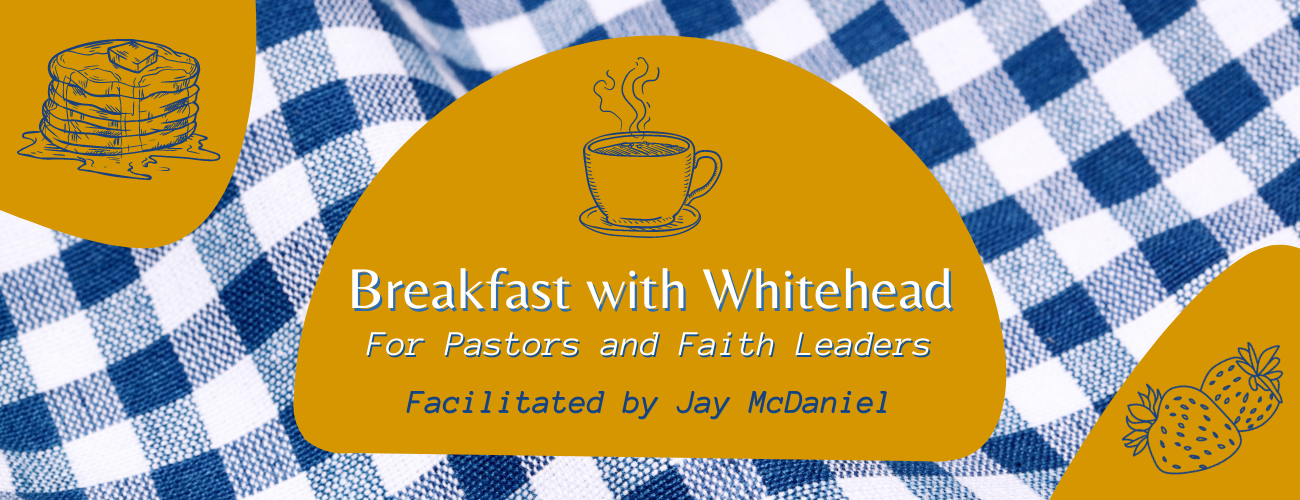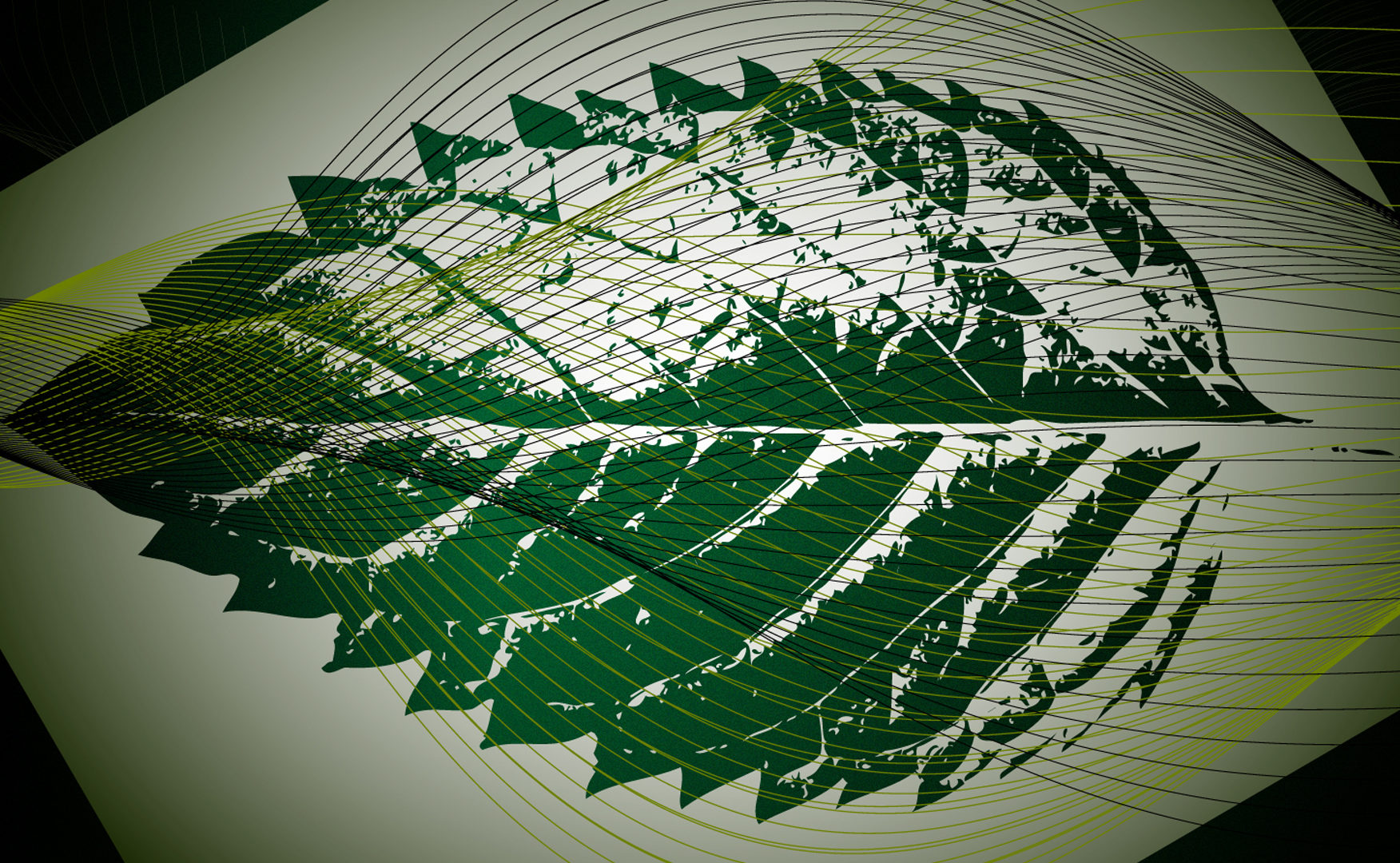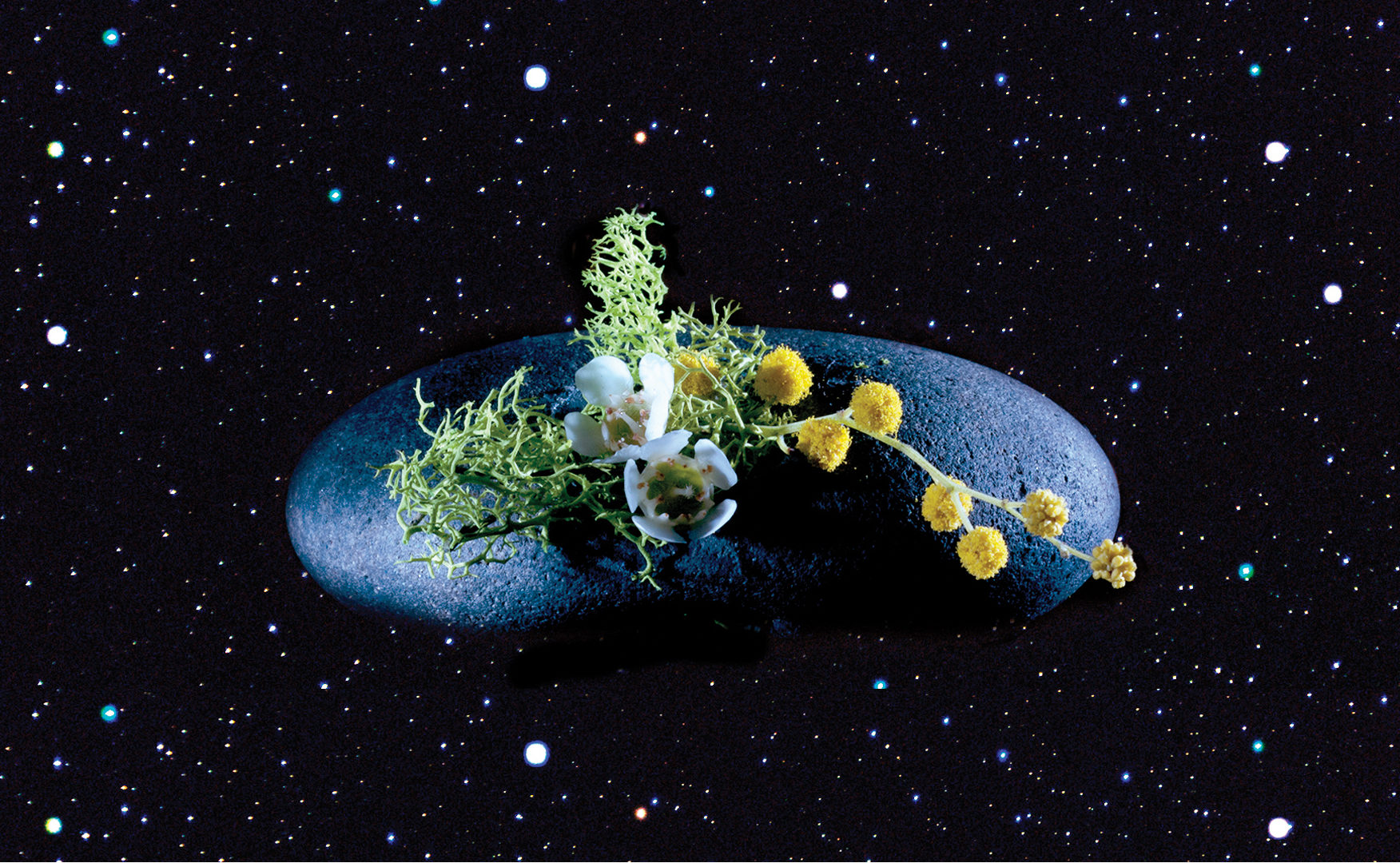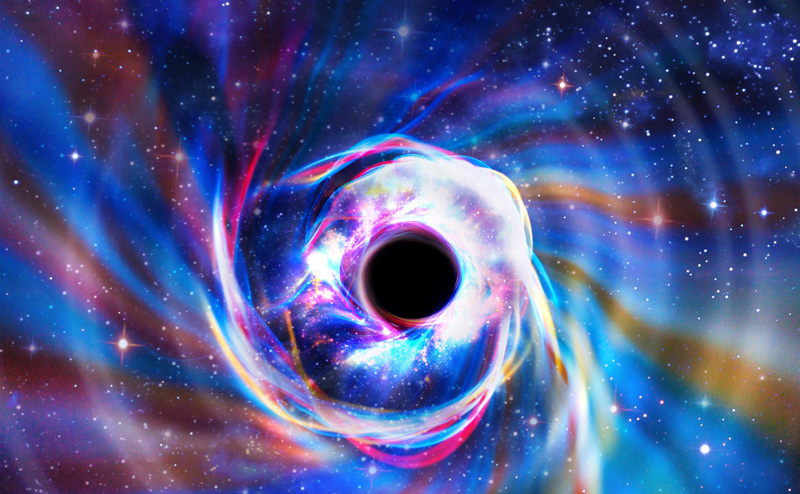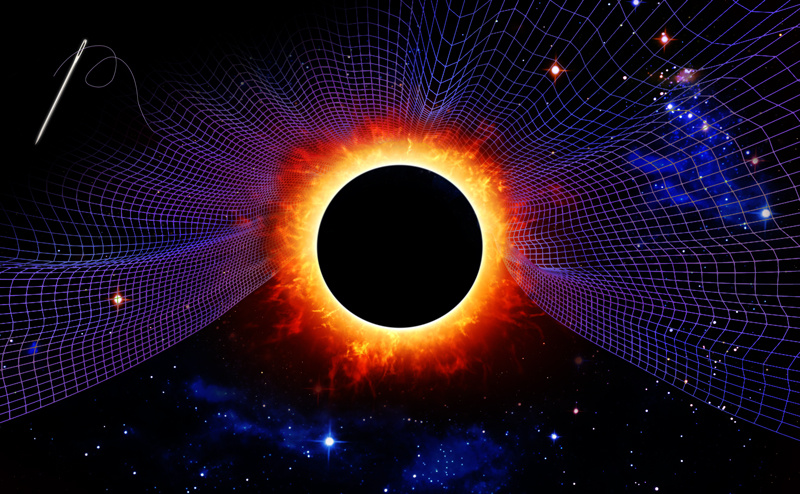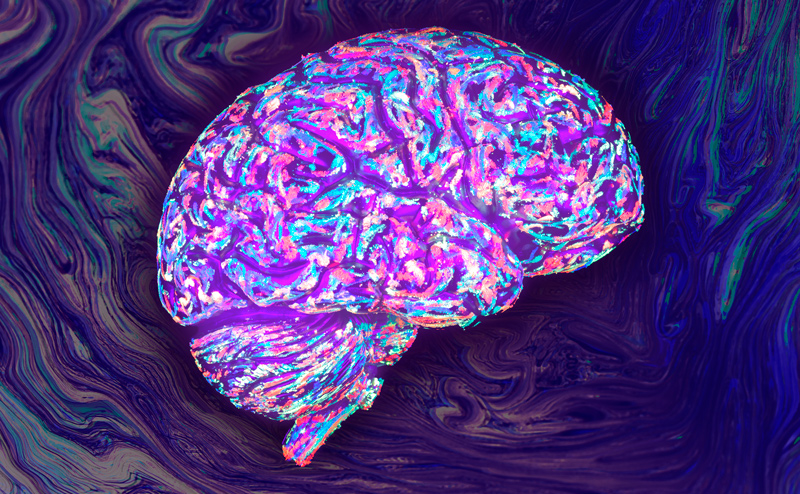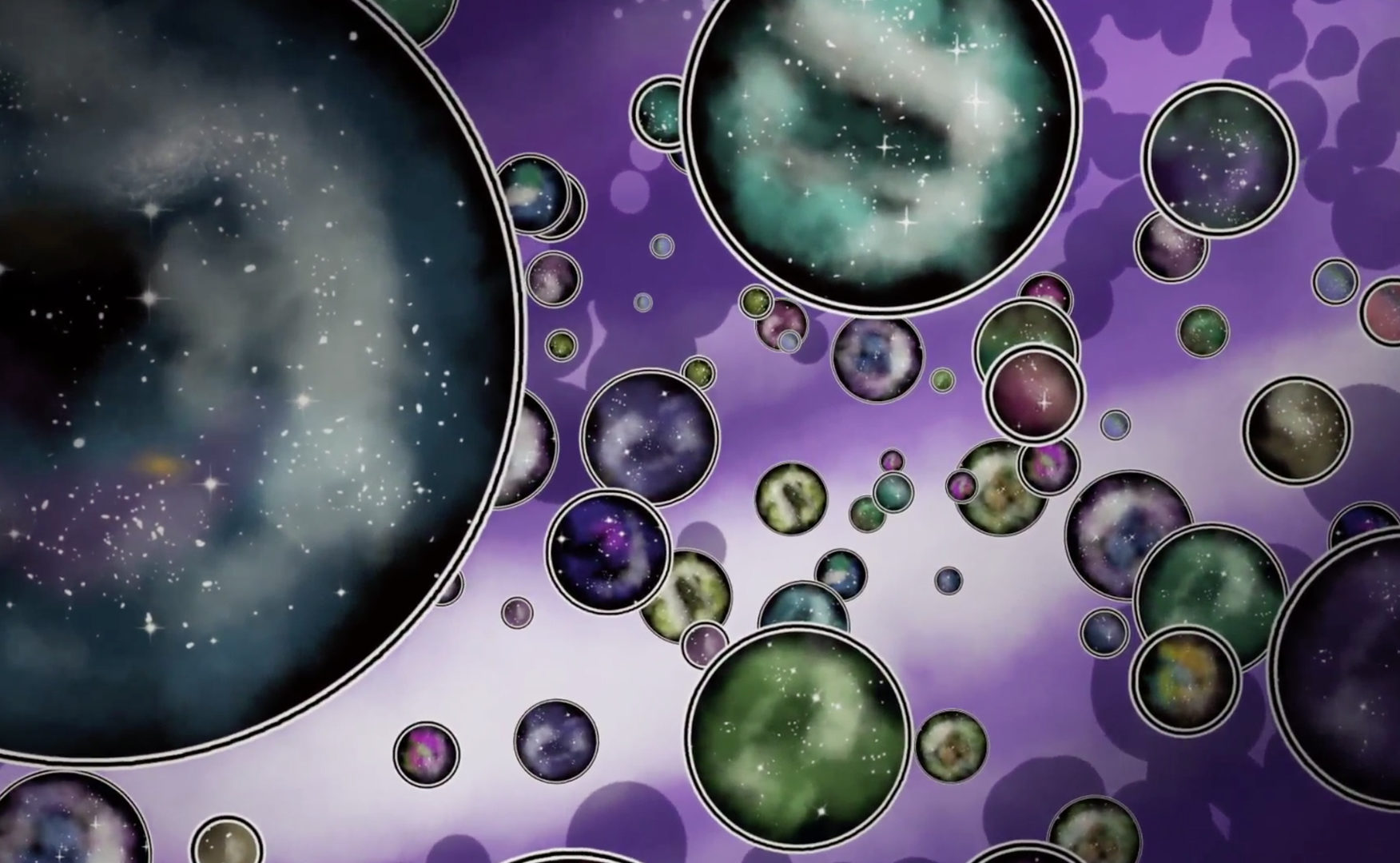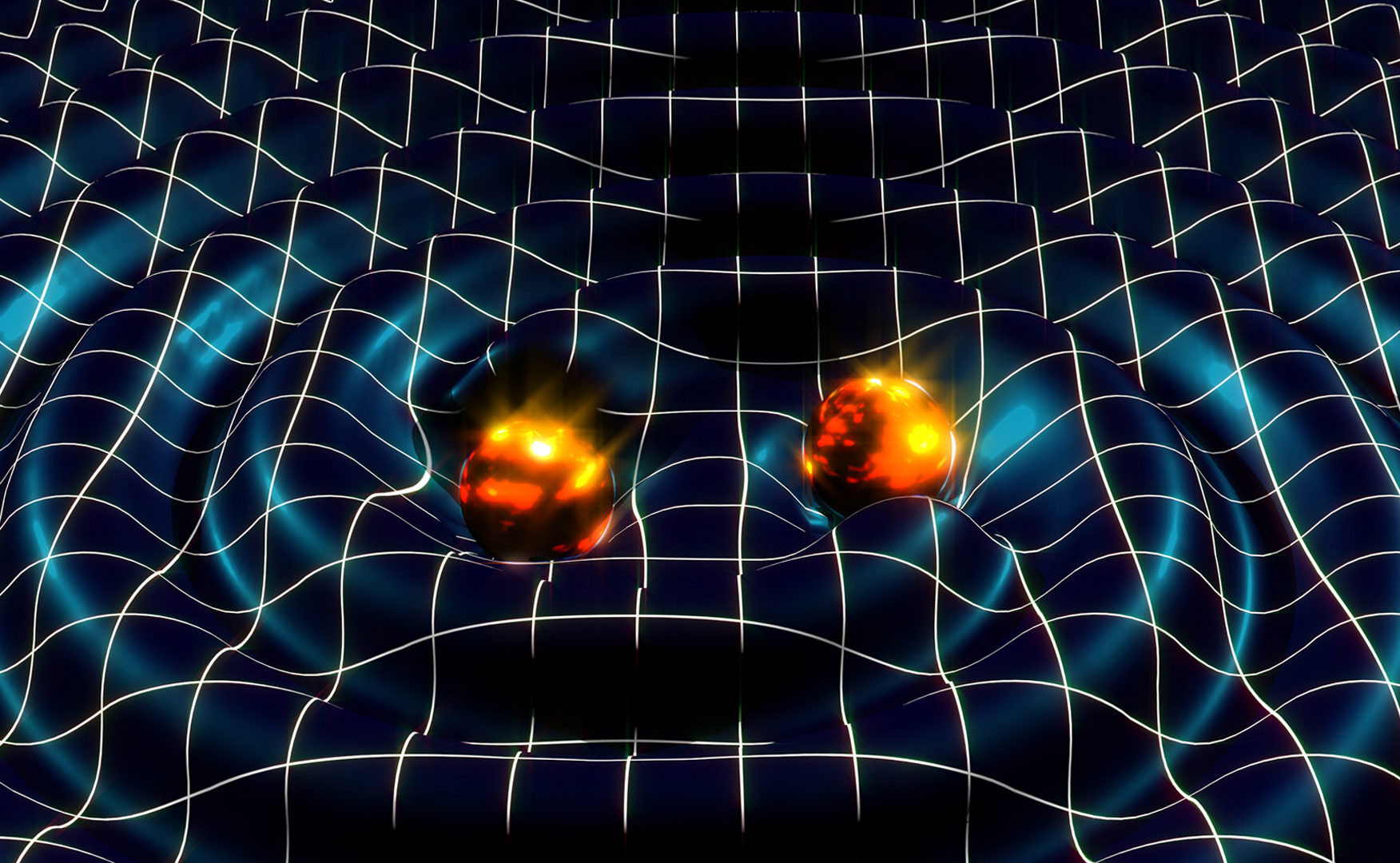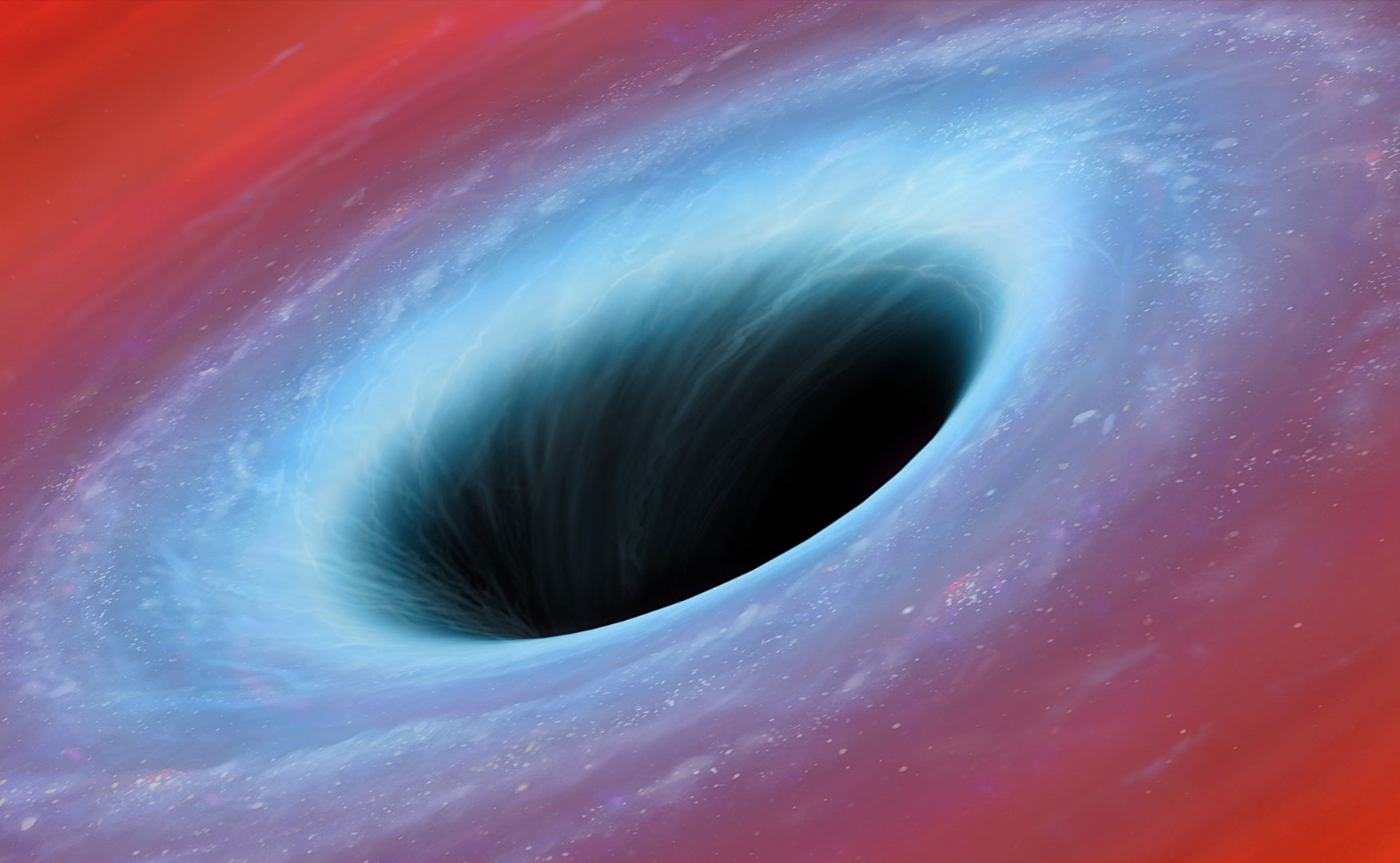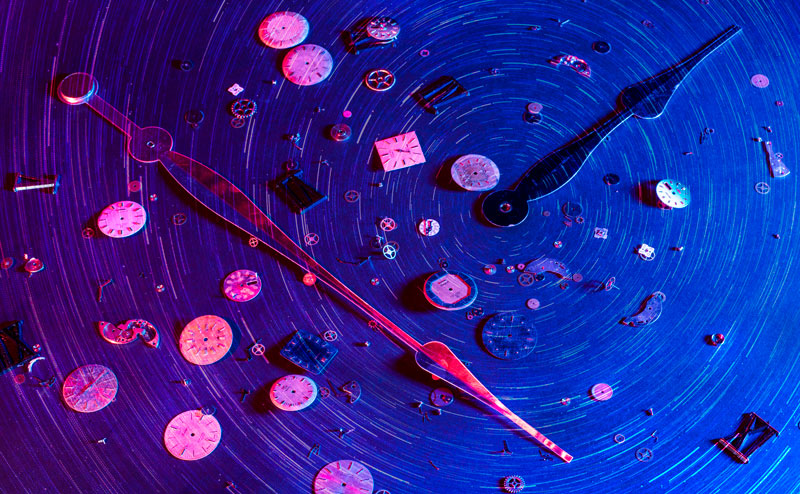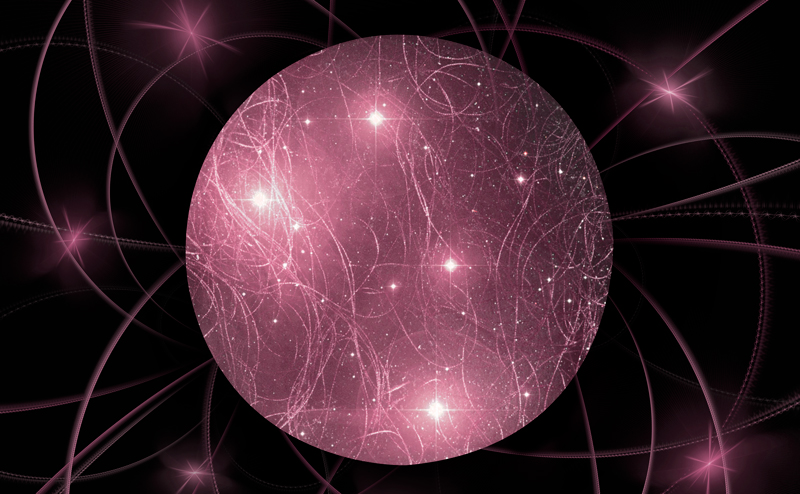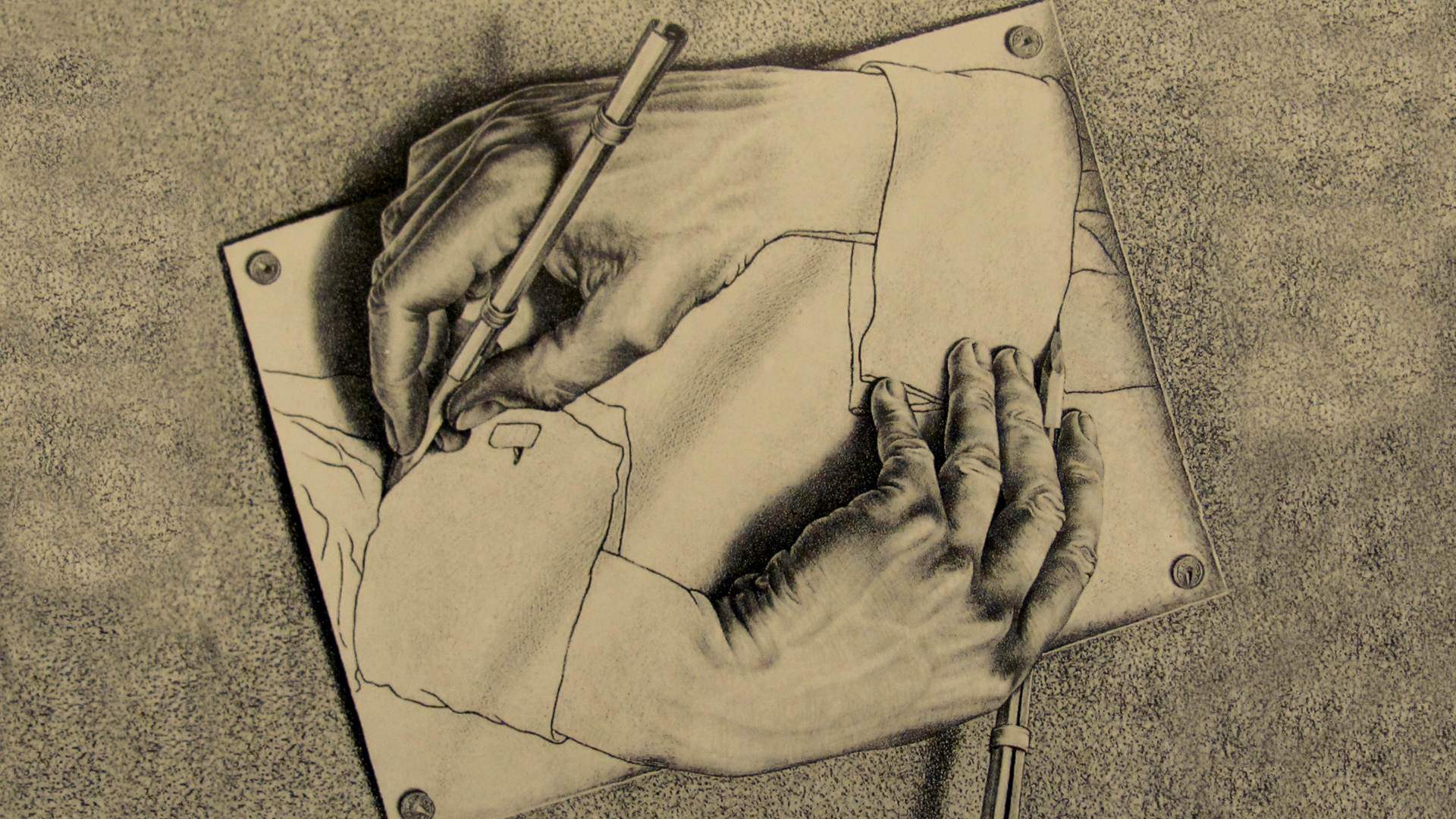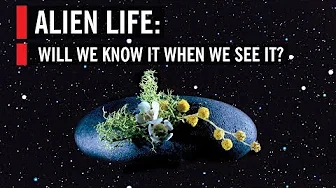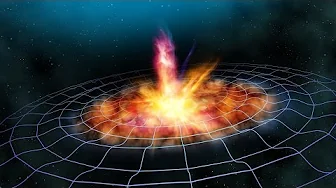 |
| Amazon Link |
Everything Flows explores the metaphysical thesis that the living world is not made up of substantial particles or things, as has often been supposed, but is rather constituted by processes. The biological domain is organised as an interdependent hierarchy of processes, which are stabilized and actively maintained at different timescales. Even entities that intuitively appear to be paradigms of things, such as organisms, are actually better understood as processes.
Unlike previous attempts to articulate processual views of biology, which have tended to use Alfred North Whitehead's panpsychist metaphysics as a foundation, this book takes a naturalistic approach to metaphysics. It submits that the main motivations for replacing an ontology of substances with one of processes are to be found in the empirical findings of science.
Biology provides compelling reasons for thinking that the living realm is fundamentally dynamic, and that the existence of things is always conditional on the existence of processes. The phenomenon of life cries out for theories that prioritise processes over things, and it suggests that the central explanandum of biology is not change but rather stability, or more precisely, stability attained through constant change.
This edited volume brings together philosophers of science and metaphysicians interested in exploring the prospects of a processual philosophy of biology. The contributors draw on an extremely wide range of biological case studies, and employ a process perspective to cast new light on a number of traditional philosophical problems, such as identity, persistence, and individuality.
* * * * * * *
I'm a huge fan of Process Philosophy as the catalyst of a paradigm shift. Rather than seeing things as static objects, Process Philosophy sees reality as a set of dynamic processes & relationships that are in constant flux. Please refer to the Stanford Encyclopedia entry -
https://plato.stanford.edu/entries/process-philosophy/
Alfred North Whitehead's "Process & Reality" was a big catalyst for process philosophy & relational metaphysics, but his work is dense & difficult to wrap your mind around with all of his neologisms & unconventional use of terms. A good overview here -
https://plato.stanford.edu/entries/whitehead/
Whitehead thought of his system as the "Philosophy of Organism," and there are some in the philosophy of biology who are arguing to take a more process philosophy & relational approach. Here's an open access book from Oxford University Press on it -
There's an introductory "Manifesto for Processual Philosophy of Biology" critiquing Whitehead's full metaphysical system, which is dense & confusing. But there are many powerful & robust aspects of a process/relational metaphysics beyond Whitehead -https://researchgate.net/publication/322836323_Everything_Flows_Towards_a_Processual_Philosophy_of_Biology
* * * * * * *
 |
| Amazon Link |
Alfred North Whitehead was among the first initiates into the twentieth century’s new cosmological story. In this newly revised and expanded edition, Segall both sets Whitehead’s Philosophy of Organism in historical context and brings it into conversation with key elements of contemporary scientific cosmology—including relativistic, quantum, evolutionary, and complexity theories. It lays bare the inadequacy of the materialistic-mechanistic metaphysical interpretative cosmologies of these theories and exemplifies the contributions Whitehead’s metaphysical cosmological scheme can make to the urgent transdisciplinary project of integrating natural science with the presuppositions of human civilization. The latest scientific discoveries reveal a universe that is nearly crying aloud for an ensouled reinterpretation, one in which, for example, physics and chemistry would no longer be merely descriptions of the meaningless motion of molecules to which biology is ultimately reducible, but rather themselves become studies of creative self-organization at ecological scales other than the biological.
* * * * * * *
Let's Talk about the Genesis Void
from the Language of Process Theology
by R.E. Slater
Introduction
Below I've provided a video discussion from two prominent scientists in their own fields of study, the evolutionist Richard Dawkins and Quantum Cosmologist Lawrence Krauss. They are presenting an atheistic lecture of their scientific position. Not a Christian position. In fact, I present this video here to conflict Christians so that we might begin thinking how to speak from a Jesus-faith when encountering an atheist or agnostic view of the world. (For myself, I believe the world holds on balance many more religiously-minded societal members than Spirit-less members. And even these later members tend towards a form of "spirituality" when gazing upon nature, the stars, people, activities, or inspirational times in life).
More specifically, as I listen to this older 2012 presentation on the primordial "nothingness" of the cosmos, which in more recent years, has re-appraised, or re-informed, itself as to what a "quantum nothingness" may mean, I have also been reflecting this same appraisement in my more recent articles on the subject of primordial space (as versus primordial space-time). But here, in this video, I sense Krauss' more primitive, or more inspecific, form of usage who most probably by now has also updated his own scientific understanding unlike what I'm hearing from him in this dated lecture.
A Couple of Thoughts...
As such, I've suggested my own conclusions on the subject of the meaning of the Genesis void many times using creatio continua in referring to the pre-existing "primordial quantum space" before the Big Bang era coupled with process thought. I'll be curious to find out if Richard and Lawrence will do the same using process philosophy's idea of an organic processual evolution. At least I hope so. More likely, they will not, or if they do, will not use it as informed by the process philosophy and theology component within their lecture. By this I mean that if they do speak to an organic universe it will not be in the way which Whitehead had used or understood it. Nor how I am using it to approach the "something from something" debate... they may hint towards the same terminology but on a far, far different philosophical basis using reductional language.
Secondly, the church's understanding of "nothingness" has always been without scientific content. Instead, it is full of Platonic - and later, Enlightenment Era - promotion when referring to its more popular beliefs about a creation resulting from "nothingness" (eg, "creatio ex nihilo"). However, scientifically, one can never get something from nothing. Too, Krauss' usage of "nothingness" is a far different usage of this term than the church's usage as he will explain.
Furthermore, the somethingness that was there provided God with material upon which He might "form" or "create" by His divine encounter and interaction granting to "a formless somethingness" a transformational creational act or process upon it's "inert nothingness" into a dynamic "somethingness" of intertwined organic structure.
This then would mean creation is as old as God. Moreover, in a way whereby each affected the other. That is, both God and the "void" of the somethingness that was already there (and described by the church as "nothingness" in Genesis) would have each informed, affected, and responded to the other, positively. In what way might that be?
I might suggest that God was the Affector, Causer, and Creational Force which "formed" or "acted upon" a static "pre-existing primordial somethingness void" towards a responding processual organic creation filled with an inverted state of becoming.
Hence, Process thought says, "That which is, is always in a state of becoming" once affected by a First Order Processual Cause, which is God in this case. Thus, we might say
God is the First Process to all becoming and succeeding Creational Processes.
So much so that the resulting reciprocal affect of creation upon the creating God who formed an "unformed Genesis void of somethingness" into a something state of potential self-creational processes" resulted in allowing His divine transcendence to infill, inform, and influence, this formed - or more correctly, forming - and responding somethingness through-and-through with His divine immanence.
Big breath... So unlike the Greek gods like Zeus - or the church's standardized classical dogma teaching of a transcendent God of through the ages - this Hebrew God of Israel who became Incarnated as Jesus does not come-and-go from from His creation but remains with it providing sustenance, nurture, guidance, redemption, reclamation, renewal, resurrection, and so forth.
Thus-and-thus,
God affects the affected while becoming affected Himself in return.
In more simpler terms, we know this truism from its expression in organic terms as processualism, panrelationalism, panexperientialism, and panpsychism. That is, when you look at, or experience, the flow of the cosmos (creation, nature, et al) we see and experience its affects of these very same metaphysical elements throughout creation's height, width and breadth. Elements which are true because they were inherited from the Creator God who gave of Himself to creation.
In return, God is here with us in everyway possible. We may describe His presence in salvific, redemptive, atoning, or resurrected terms, but God risked Himself by investing His Godhead with us and all of creation. In other words,
We are God's as God is ours.
R.E. Slater
March 4, 2022
* * * * * * *
Update
I'm about 40 min in to the conversation and am hearing a lot of religious conclusions presented which really haven't any good theology about them - which, by the way, I also have spoken to these many sentiments over the years. So, it simply shows their pat responses to faith and religion in general and Jesus more specifically.
Secondly, the primordial universe I've posited does have space in it. Here, it's pretty much the only thing there is in a null-infinite sense. But it is certainly without any quantum particle forms that we know of as I've mentioned before. Nor time. Simply space. To which Lawrence offers a general opinion but not a specific opinion. So, unless Lawrence speaks more specifically by what he means when speaking to "nothingness" I'm assuming we are both speaking to the same thing though I am speaking to it in the sense of "somethingness" while he is speaking to it in the sense of "nothingness". Hence, we saying the same thing - ironically, me in scientific terms while Lawrence in parochial terms (our roles are switched around!). And so I'm hoping to hear more from Lawrence on this subject and that he speaks to it more specifically in quantum terms of somethingness rather than the parochial terms of nothingness in the remaining 60 minutes.
Finally, I am unbothered by either speaker's religious sentiments. We, as Christians must hear these things so as to respond better to our culture's level of understanding and NOT to our own level of religious understanding.
Process Theology gives me those tools to communicate on a contemporary societal level whereas my former Hellenized/Westernized form of Christianity was inadequate to be able to do so. The church's current tool-set or language-set either prevents speech and demands defensive apologia or, when speaking, cannot reflect beyond its own biblical literalism's concordism or its own culture of metaphorical complimentarianism. Whereas in process thought the Christian faith (or any religious faith actually) can pick up its past classical doctrines and transport them back into societal relevancy again.
R.E. Slater
March 4, 2022
PS - here are a couple links to get readers started in their website search:
I don't believe I've had time to index the latest since producing it. Too, on a reread of past links there are sometimes phrases which could be better parsed, or given a bit more length for clarity's sake. Apologies. Many days I simply have limited time. If it's published it's been proofread at least twice... but even then I miss typos, spelling and grammatical errors, and may have chosen a less clear way of communicating what I'm attempting to say. I'll leave it to readers to sort this out between themselves for me on the blogger comment section. Thanks. - res
* * * * * * *
Richard Dawkins & Lawrence Krauss: Something from Nothing
Apr 19, 2012
Critically-acclaimed author and evolutionary biologist Richard Dawkins and world-renowned theoretical physicist and author Lawrence Krauss discuss biology, cosmology, religion, and a host of other topics at this event entitled 'Something for Nothing'. This video was recorded at The Australian National University on 10 April 2012.Richard Dawkins FRS is the Charles Simonyi Professor of the Public Understanding of Science at the University of Oxford. Born in British colonial Africa, he was educated in England, where he now lives. He did his doctorate at Oxford under the Nobel Prize winning zoologist Niko Tinbergen, then was briefly an Assistant Professor at the University of California, Berkeley, from 1967 to 1969, after which he returned to Oxford, first as a Lecturer in Zoology, then Reader, before being elected to his present professorship.He is the author of nine books: The Selfish Gene (1976, 2nd Ed 1989), The Extended Phenotype (1982), The Blind Watchmaker (1986), River Out of Eden (1995), Climbing Mount Improbable (1996), Unweaving the Rainbow (1998), A Devil's Chaplain (2003), The Ancestor's Tale (2004) and The God Delusion (2006). The God Delusion has sold more than two million copies in English, and is being published in 30 other languages. Dawkins is now editing an anthology of scientific writing for Oxford University Press, The Oxford Book of Modern Science Writing. In 2006, to promote the values of education, science, and critical thinking skills, he established The Richard Dawkins Foundation for Reason and Science (RDFRS) which is now a registered charity in both the UK and USA.Richard Dawkins has Honorary Doctorates of Literature as well as Science, and is a Fellow of both the Royal Society and the Royal Society of Literature. He has been awarded the Silver Medal of the Zoological Society of London, the Michael Faraday Award of the Royal Society, the Nakayama Prize, the Cosmos International Prize, the Kistler Prize, the Shakespeare Prize and the Lewis Thomas Prize.Lawrence M. Krauss is a renowned cosmologist and science populariser, and is Foundation Professor in the School of Earth and Space Exploration, and director of the Origins Project at Arizona State University. Hailed by Scientific American as a rare public intellectual, he is also the author of more than three hundred scientific publications and nine books, including the international bestseller, The Physics of Star Trek, and his most recent bestseller entitled A Universe from Nothing.He received his PhD from MIT in 1982 and then joined the Society of Fellows at Harvard, and was a professor at Yale University and Chair of the Physics Department at Case Western Reserve University before taking his present position. Internationally known for his work in theoretical physics, he is the winner of numerous international awards, and is the only physicist to have received major awards from all three US physics societies, the American Physical Society, the American Institute of Physics, and the American Association of Physics Teachers. Krauss is also a commentator and essayist for newspapers such as the New York Times, and the Wall St. Journal, and has written regular columns for New Scientist and Scientific American and appears regularly on radio and television. He is one of the few scientists to have crossed the chasm between science and popular culture, and is also active in issues of science and society. He serves as co-chair of the Board of Sponsors of the Bulletin of the Atomic Scientists, and on the Board of Directors of the Federation of American Scientists.
* * * * * * *
One of the major philosophical texts of the 20th century, Process and Reality is based on Alfred North Whitehead’s influential lectures that he delivered at the University of Edinburgh in the 1920s on process philosophy.Whitehead’s master work in philosophy, Process and Reality, propounds a system of speculative philosophy, known as process philosophy, in which the various elements of reality into a consistent relation to each other. It is also an exploration of some of the preeminent thinkers of the seventeenth and eighteenth centuries, such as Descartes, Newton, Locke, and Kant.
The ultimate edition of Whitehead’s magnum opus, Process and Reality is a standard reference for scholars of all backgrounds.





